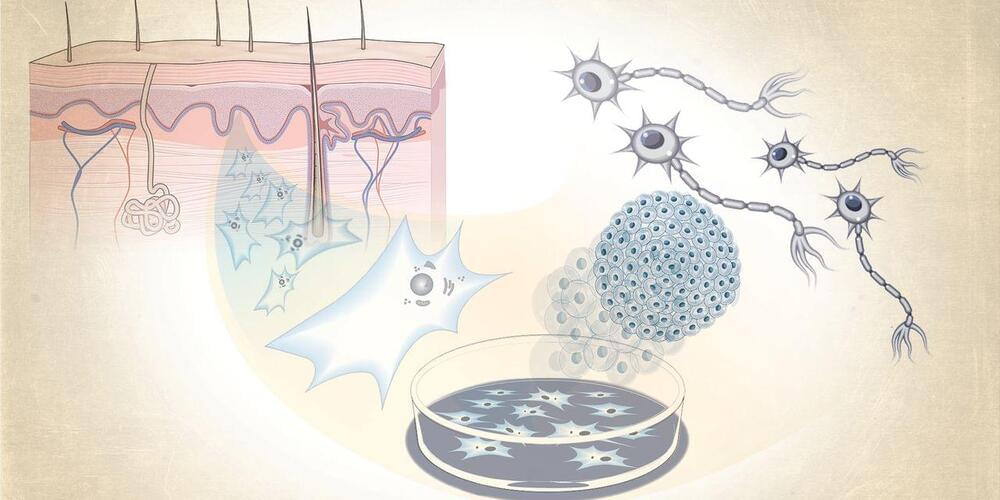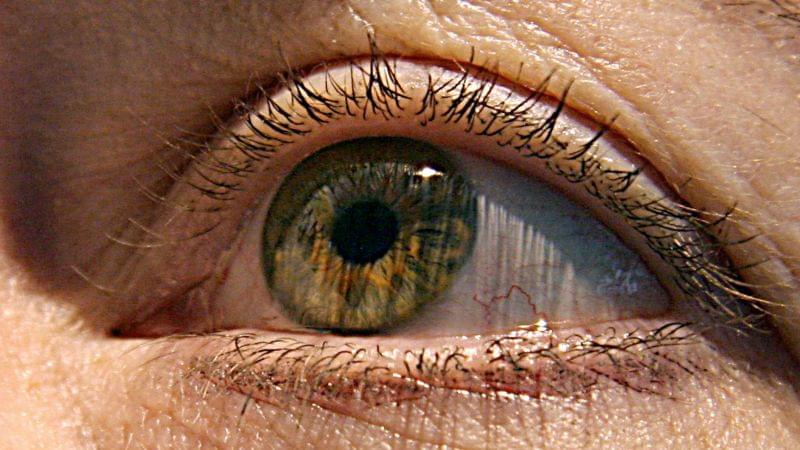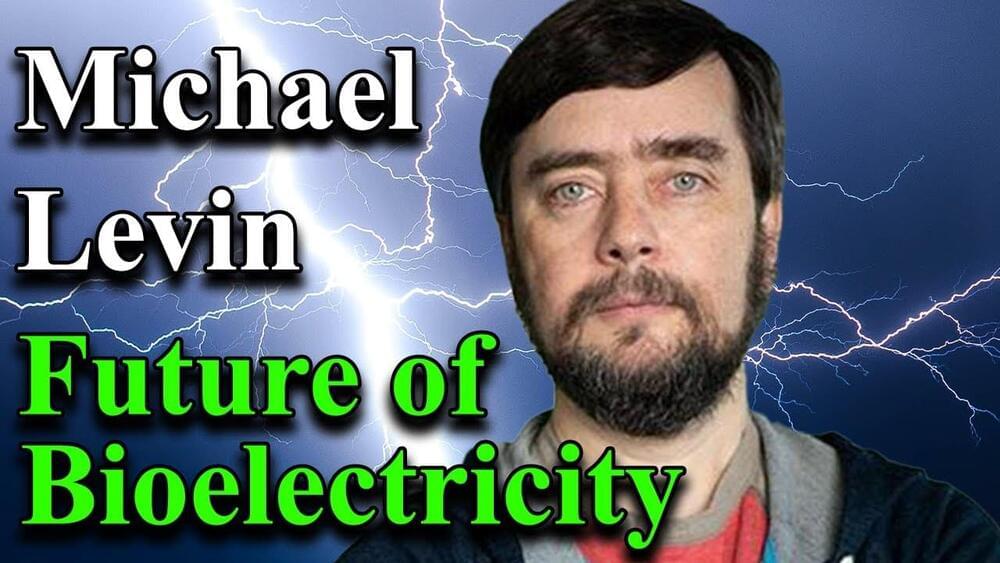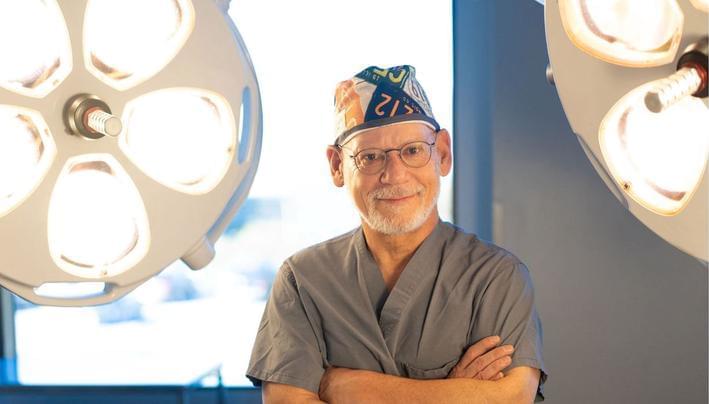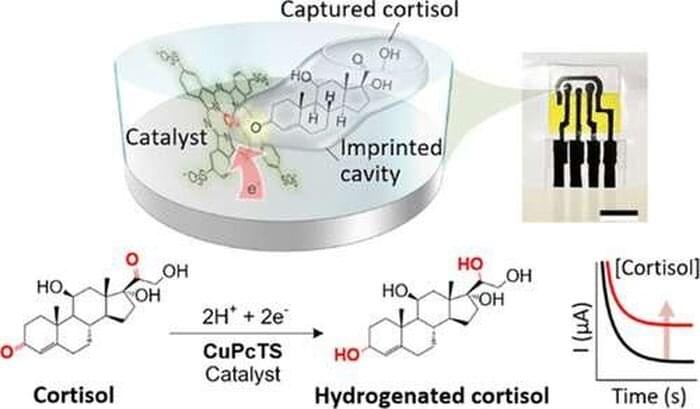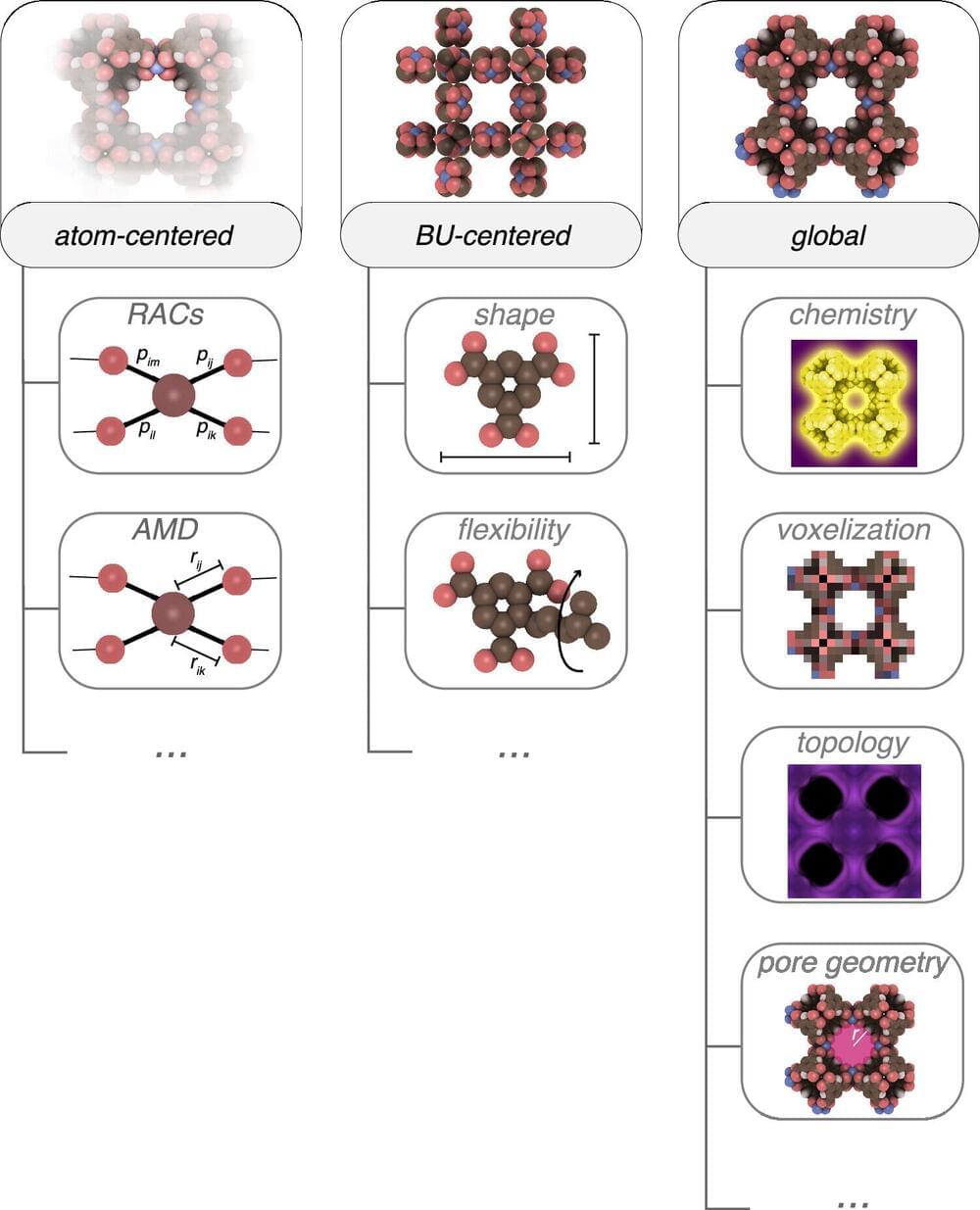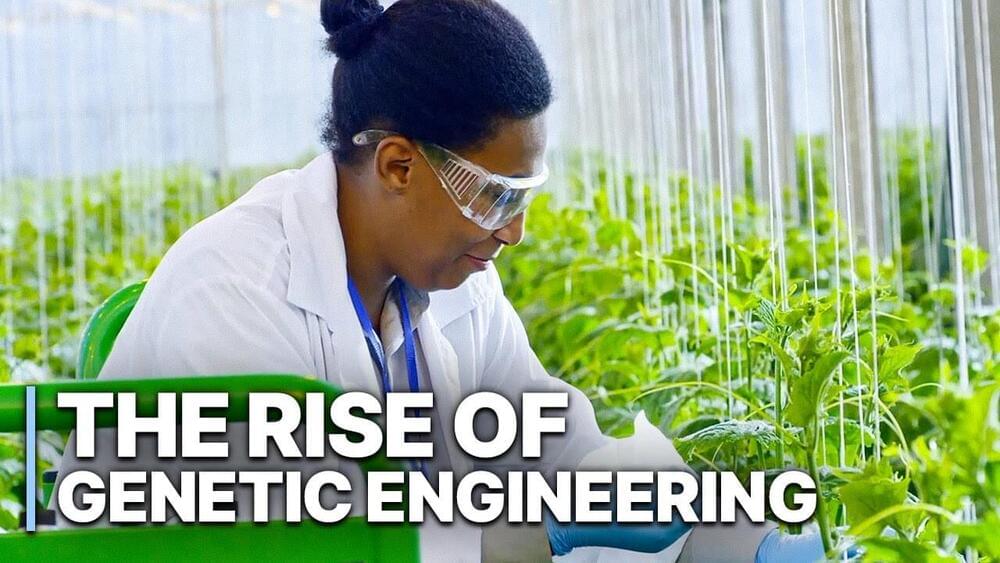Mar 25, 2023
The Personalized Stem Cells That Could One Day Treat Parkinson’s and Heart Failure
Posted by Genevieve Klien in categories: biotech/medical, chemistry, neuroscience
Could an injection of lab-cultured brain cells, created from a person’s own cells, reverse symptoms of Parkinson’s disease? That’s an idea that Aspen Neuroscience Inc., a startup based in San Diego, plans to test in human trials later this year.
In patients with Parkinson’s, neurons die and lose the ability to make the chemical dopamine, leading to erratic, uncontrollable movements. Aspen Neuroscience will test if the newly injected cells can mature into dopamine producers, stopping the debilitating symptoms of this incurable disease, says Damien McDevitt, the company’s chief executive officer. Tests in animals have shown promise, the company says.
